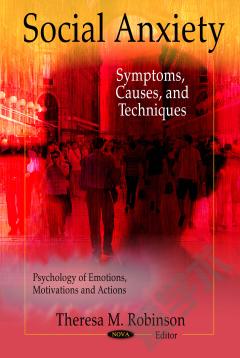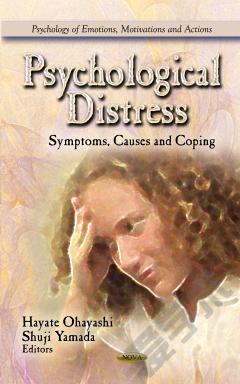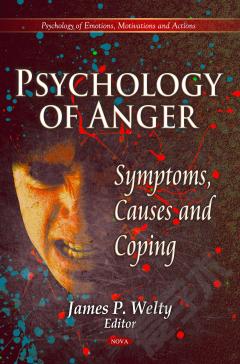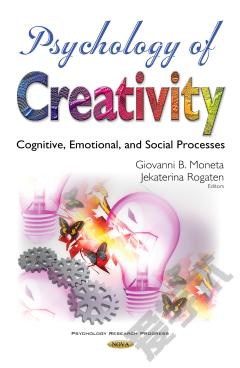Social Anxiety: Perceptions, Emotional and Triggering Symptoms and Treatment
Social anxiety or social phobia has become increasingly common in contemporary societies due to the increased isolation in impersonal living environments and the weakening family ties that leave many individuals feeling withdrawn and estranged. In this book, the authors present new research on the ways of assessing social anxiety, as well as the role of autonomic arousal in the development of social phobia. Special reference is made to the impact of family on the development and maintenance of social anxiety in children on a both theoretical and practical level. Social anxiety is also discussed in different groups of individuals that have unique characteristics, such as substance users and abusers, patients with chronic heart failure, individuals with autism spectrum disorders, and AIDS/HIV sufferers. Finally, suggestions are made on ways to enhance help-seeking behavior for individuals with social anxiety disorders and there is extensive reference to cognitive behavioral training and other relevant effective treatment or intervention techniques.
{{comment.content}}








 京公网安备 11010802027623号
京公网安备 11010802027623号